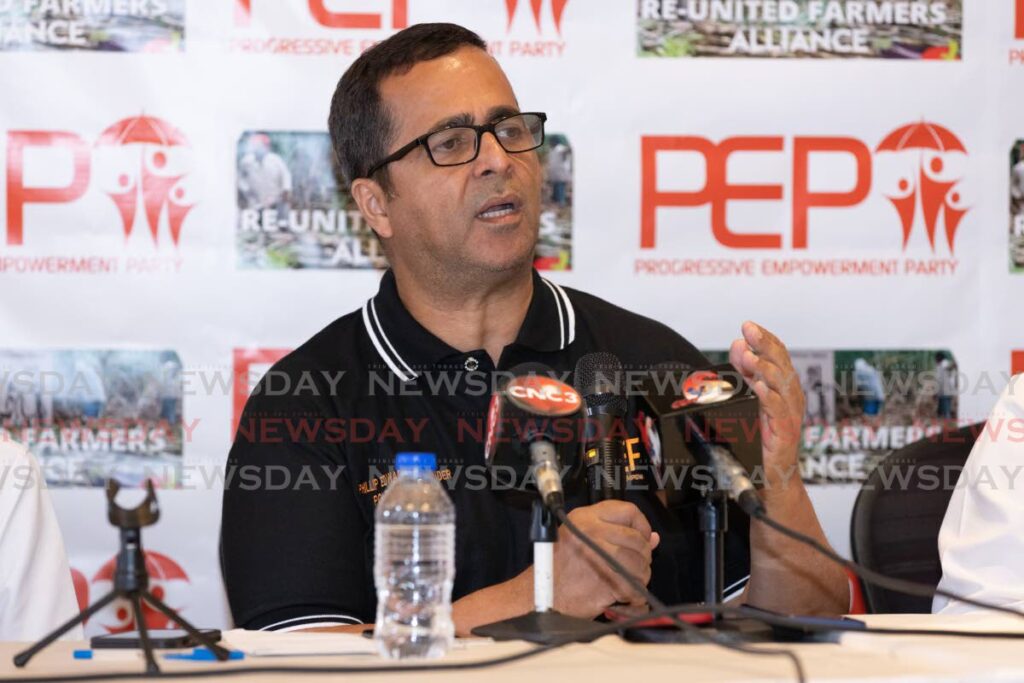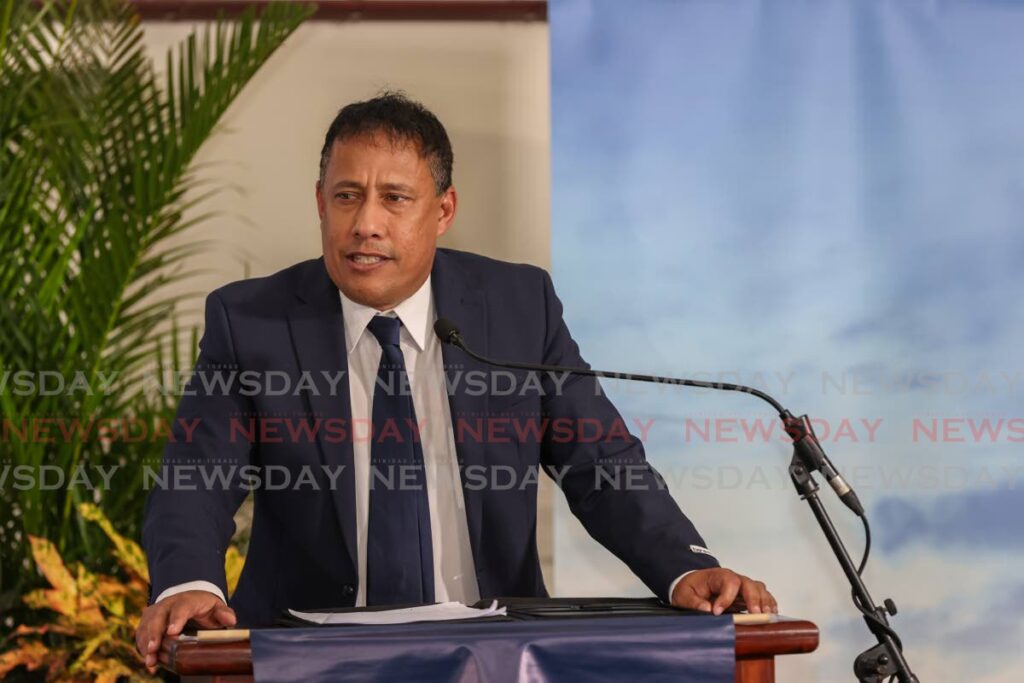Where do third parties go from here?

THE RESULTS of Monday’s local government elections sharply bring into focus the question of the future role of newer parties on the political landscape.
On the one hand, the so-called “third parties” such as Gary Griffith’s National Transformation Alliance (NTA) and Phillip Alexander’s Progressive Empowerment Party (PEP) failed to secure a single seat, leading the Prime Minister to crow on Monday night that the People's National Movement (PNM) had “added two more political parties to the list of parties defeated by the PNM.”
While the PNM sought to frame the elections as being about legal reform, they were also very much about the well-ventilated bad blood between Dr Rowley and Mr Griffith, the former police commissioner, with the NTA directly challenging Balisier House in areas of Port of Spain viewed as PNM strongholds.
A major plank of the NTA’s campaign, in its accommodation with the United National Congress (UNC), was the question of firearms licences, a matter on which Dr Rowley and the former police commissioner fell out spectacularly. Dr Rowley will, therefore, view the NTA’s defeat with a measure of relief, especially considering Mr Griffith’s strong popularity ratings from his time as commissioner.

But the matter does not rest with the failure of the third parties to win any council seats. Closer scrutiny of the results suggests these parties are growing in momentum. Roughly 25,000 people voted for third parties, with the NTA receiving about 16,000 votes and the PEP about 6,000.
These figures are substantially higher than 2019’s results. Back then, just about 7,000 people voted for newer parties or independents. When we look at the distribution of votes cast in 2016, about 6,000 people chose third parties.
That the newer parties increased their total votes is notable, since this year’s figures reflected shrinking turnout from both the PNM and UNC, with the overall turnout at 30.3 per cent.
Dr Rowley and company should, therefore, not be quick to dismiss these entities, especially given that the UNC won the popular vote and received 43,000 more votes than the PNM.
Third parties clearly have a role to play, if not in the allocation of seats, certainly in terms of shifting the national conversation by getting the two main parties to focus on relevant issues and not personalities.
It is very possible, given Monday’s results, that we could soon return to a situation much like 2010, when, amid a much narrower playing field, one third party, the Congress of the People, was able to take seats, albeit under an accommodation with the UNC. This is even more so if proportional representation continues to be used to allocate aldermen.

Comments
"Where do third parties go from here?"